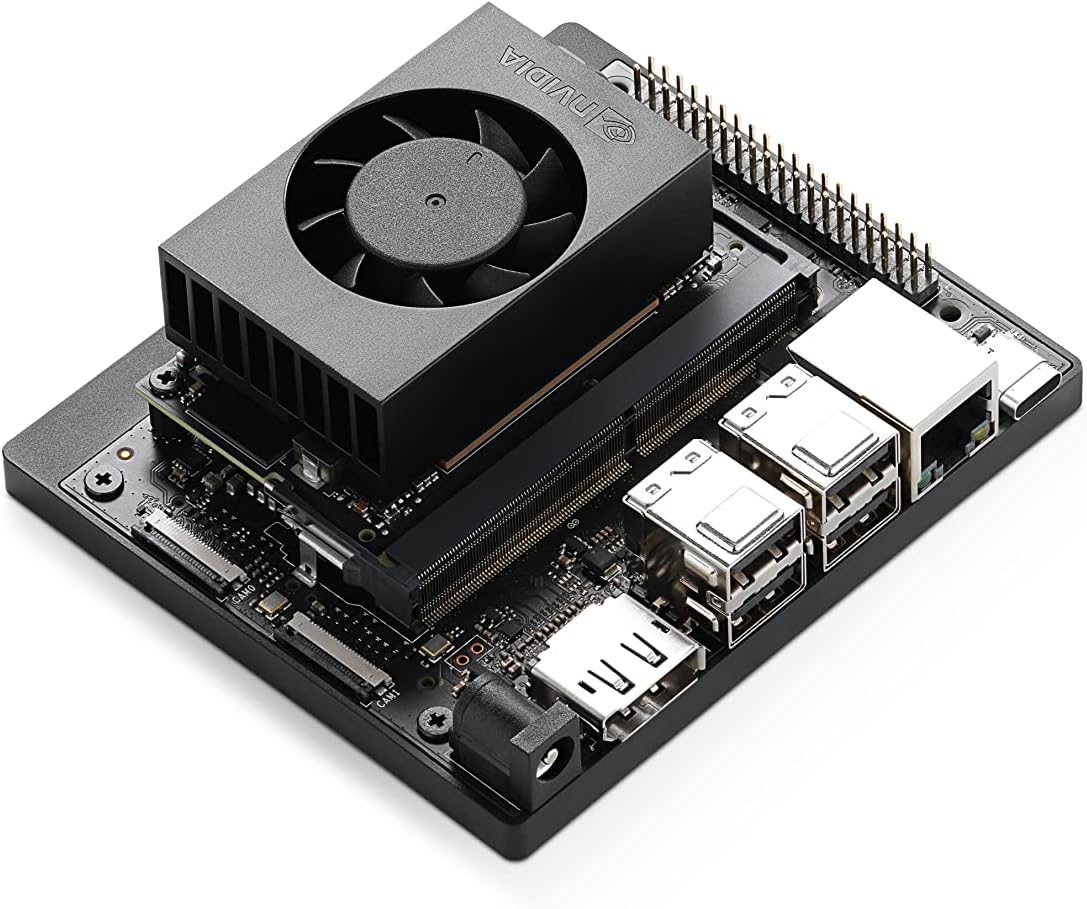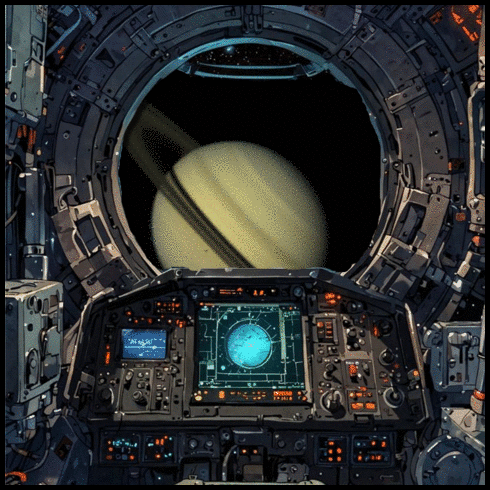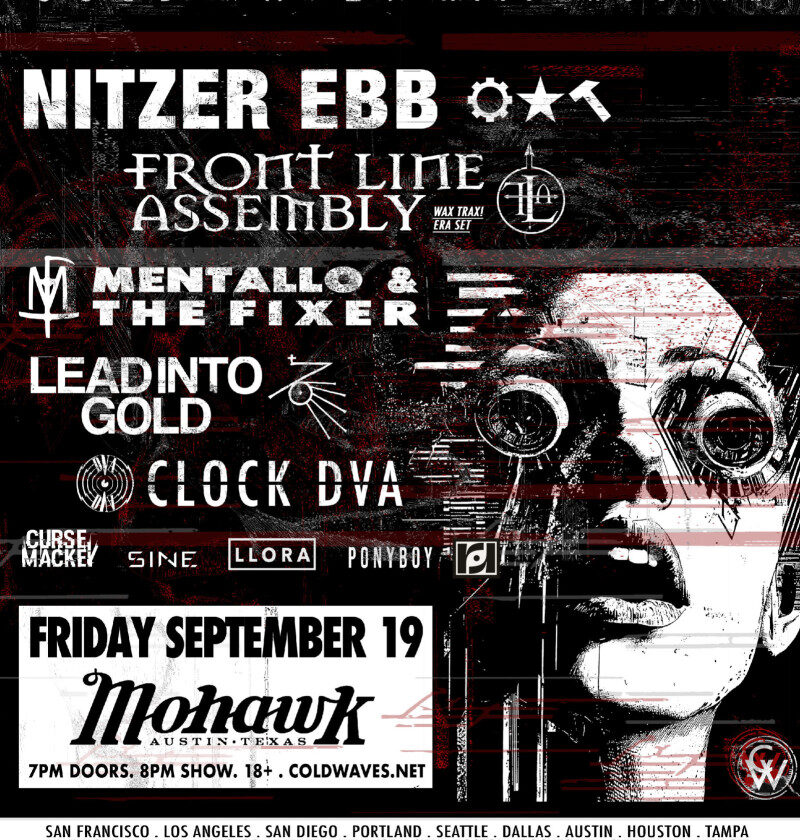The NVIDIA Jetson Orin™ Nano Super Developer Kit’s performance, compact size, and low cost are redefining generative AI for small edge devices. At just $249, it provides developers, students, and builders with the most affordable and accessible platform, backed by the support of NVIDIA AI software and a broad AI software ecosystem. Learn more: https://nvda.ws/3ZVdySx
Jetson Orin Nano Super Developer Kit
The most affordable generative AI supercomputer.
About this item
Introducing NVIDIA Jetson Orin™ Nano Super: The World’s Most Affordable Generative AI Computer
- The NVIDIA Jetson Orin Nano Developer Kit sets a new standard for creating entry-level AI-powered robots, smart drones, and intelligent cameras,and simplifies getting started with the Jetson Orin Nano series. Compact design, lots of connectors and up to 40 TOPS of AI performance make this developer kit perfect for transforming your visionary concepts into reality. With up to 80X the performance of Jetson Nano, it can run all modern AI models, including transformer and advanced robotics models.
- The developer kit comprises a Jetson Orin Nano 8GB module and a reference carrier board that can accommodate all Orin Nano and Orin NX modules, providing an ideal platform for prototyping your next-gen edge AI product. The Jetson Orin Nano 8GB module features an Ampere GPU and a 6-core ARM CPU, enabling multiple concurrent AI application pipelines and high-performance inference. The carrier board boasts a wide array of connectors, including two MIPI CSI connectors supporting camera modules with up to 4-lanes, allowing higher resolution and frame rate than before.
- Jetson runs the NVIDIA AI software stack, with available use-case-specific application frameworks, including NVIDIA Isaac for robotics, DeepStream for vision AI, and Riva for conversational AI. You can save significant time with NVIDIA Omniverse Replicator for synthetic data generation (SDG), and with NVIDIA TAO Toolkit for fine-tuning pretrained AI models from the NGC catalog.
- Ecosystem partners offer additional AI and system software, developer tools, and custom software development. They can also help with cameras and other sensors, as well as carrier boards and design services for your product.
- Jetson Orin modules are unmatched in performance and efficiency for robots and other autonomous machines, and give you the flexibility to create the next generation of AI solutions with the latest NVIDIA technology. Together with the world-standard NVIDIA AI software stack and an ecosystem of services and products, your road to market has never been faster.
Specifications
Jetson Orin Nano Super Developer Kit
| AI Performance | 67 INT8 TOPS |
| GPU | NVIDIA Ampere architecture with 1024 CUDA cores and 32 tensor cores |
| CPU | 6-core Arm® Cortex®-A78AE v8.2 64-bit CPU 1.5MB L2 + 4MB L3 |
| Memory | 8GB 128-bit LPDDR5 102 GB/s |
| Storage | Supports SD card slot and external NVMe |
| Power | 7W–25W |
* Refer to the Software Features section of the latest NVIDIA Jetson Linux Developer Guide for a list of supported features.
xtensive Generative AI Software Ecosystem and Community
Generative AI is evolving quickly. The NVIDIA Jetson AI lab offers immediate support for those cutting-edge models from the open-source community and provides easy-to-use tutorials. Developers can also get extensive support from the broader Jetson community and inspiration from projects created by developers.
Jetson runs NVIDIA AI software including NVIDIA Isaac for robotics, NVIDIA Metropolis for vision AI and NVIDIA Holoscan for sensor processing. Development time can be reduced with NVIDIA Omniverse Replicator for synthetic data generation and NVIDIA TAO Toolkit for fine-tuning pretrained AI models from the NGC catalog.
Jetson ecosystem partners offer additional AI and system software, developer tools and custom software development. They can also help with cameras and other sensors, as well as carrier boards and design services for product solutions.
Samuel Harris Altman (born April 22, 1985) is an American entrepreneur and investor best known as the chief executive officer of OpenAI since 2019 (he was briefly fired and reinstated in November 2023).[1] He is also the chairman of clean energy companies Oklo Inc. and Helion Energy.[2] Altman is considered to be one of the leading figures of the AI boom.[3][4][5] He dropped out of Stanford University after two years and founded Loopt, a mobile social networking service, raising more than $30 million in venture capital. In 2011, Altman joined Y Combinator, a startup accelerator, and was its president from 2014 to 2019.[6] n 2023, Altman was named one of the 100 most influential people in the world[79] and CEO of the Year by Time magazine.[80] He was also on the Time’s list of the 100 most influential people in AI in 2023[81] and in 2024.[82] He was one of the “Best Young Entrepreneurs in Technology” by Businessweek in 2008,[83] and the top investor under 30 by Forbes magazine in 2015.[84] Altman was invited to attend the Bilderberg Meeting in 2016,[85] 2022,[86] and 2023.[87][88]
Walter Isaacson opined that Altman had “Musk-like intensity” and that it had been instrumental in the founding of OpenAI in partnership with Elon Musk.[89] In late February 2024 Musk sued OpenAI and Altman, alleging they broke the company’s founding agreement by giving priority to profit over benefit to humanity.[90] A few days later OpenAI executives, including Altman, dismissed these claims in a blog post.[91] The post said that the startup received only $45 million from Musk instead of his commitment of $1 billion and that Musk proposed to merge it with Tesla.[92]





















 . A church...
. A church...


